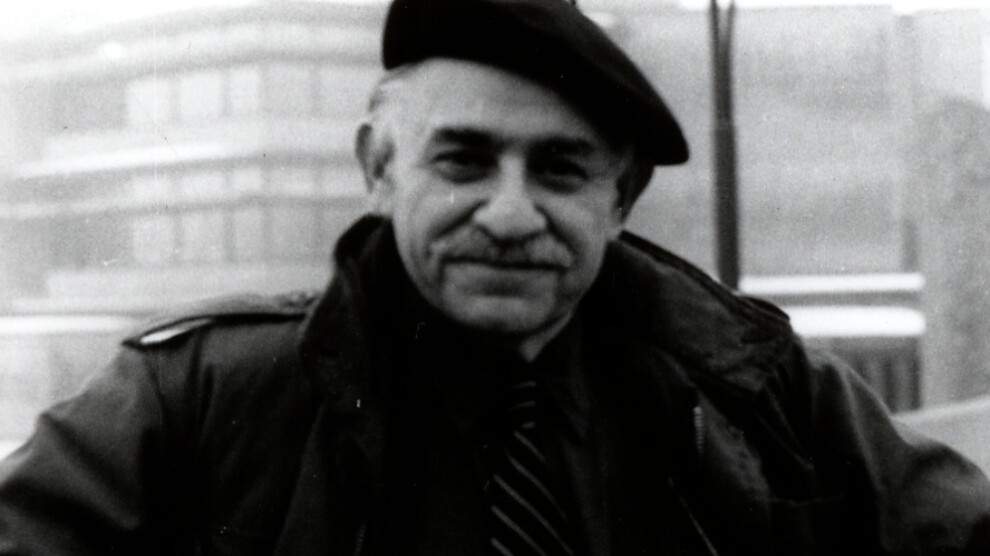Remembering Murray Bookchin on his 100th birthday
Today marks American political philosopher and activist Murray Bookchin's 100th birthday.
Today marks American political philosopher and activist Murray Bookchin's 100th birthday.

Born on 14 January 1921 in an impoverished Bronx to immigrant parents from southern Russia, Murray Bookchin joined the communist Young Pioneers as a teenager, influenced by his social revolutionary grandmother, travelling a long journey from communist to Trotskyist to anarchist and libertarian socialist, before recognising that it was time to revisit the whole foundation of 20th (and 19th) century revolutionary theory. To this end by 1998 he had also separated himself from anarchism, and set out to define what he meant by "communalism" and develop his theory of social ecology and what they might mean for a revolutionary transformation of society beyond the current lengthy impasse.
His magnum opus was The Ecology of Freedom (1982). ‘The domination of nature by man stems from the very real domination of human by human,' he wrote. ‘The long-term solution to the ecological crises is a fundamental shift in how we organise society, a new politics based on face-to-face democracy, neighbourhood assemblies and 'the dissolution of hierarchy.'
Murray Bookchin (from Anarchism, Marxism, And The Future Of The Left: Interviews and essays 1993 – 1998)
“What compels me to fight this society is, of course, outrage over injustice, a love of freedom, and a feeling of responsibility for perpetuating and enlarging the human spirit - its beauty, creativity, and latent capacity to improve the world. I do not care to come to terms with an irrational society that corrodes all that is valuable in humanity, that eats away at all that is beautiful and noble in the human experience.
Capitalism devours us. At the molecular level of everyday life, it changes us for the worse, and it compels people to make extremely unsavoury rationalisations for why they believe things they know - or at least they once knew - are false and for doing things that are trivialising and dehumanising.
When we struggle against capitalism, we are really struggling against our own dehumanisation, and once we become fully cognisant of that, then the danger of surrender to the system reinforces our resistance. As revolutionaries, we are fighting not only for a better society but for our very humanity”